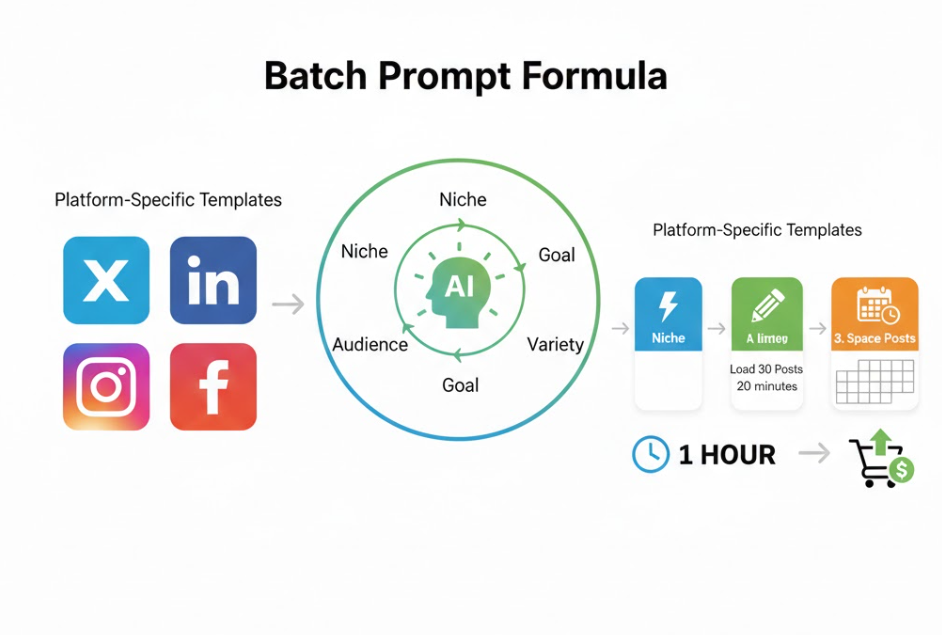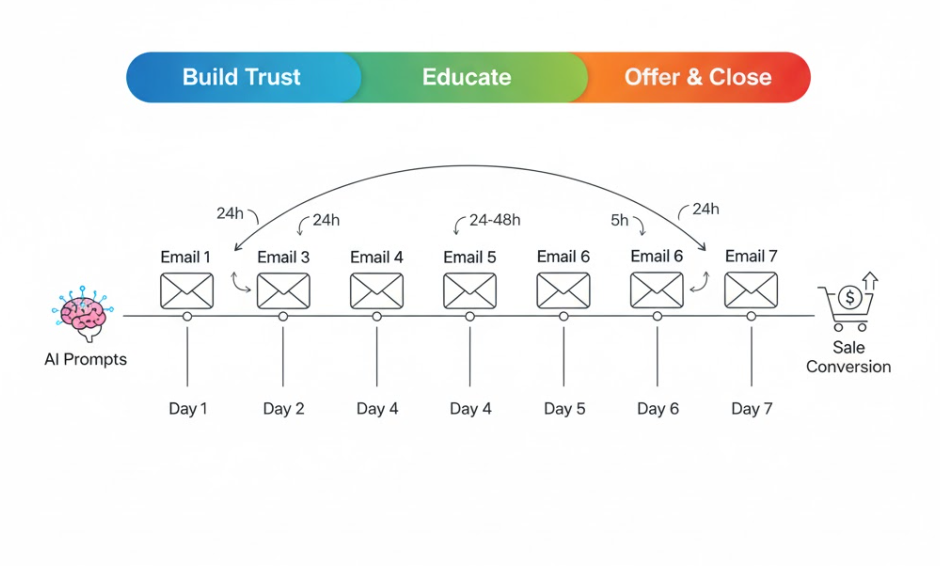In today’s digital era, the integration of social media with affiliate marketing is akin to a match made in heaven.
Their combined power can skyrocket a brand’s visibility, reach, and revenue.
If you’re an affiliate marketer or considering stepping into this domain, understanding how social media can be your golden ticket is crucial.
Let’s dive into how the world of tweets, stories, and posts can amplify your affiliate marketing efforts.
Expanding Your Reach
Social media platforms like Facebook, Instagram, Twitter, and Pinterest boast billions of active users.
With such a vast audience, these platforms are goldmines for affiliate marketers. When you share your affiliate links or promotional content on these platforms, you expose your products to a wide and diverse audience.
Building Trust Through Authenticity
One of the biggest advantages of using social media for affiliate marketing is the opportunity to build genuine relationships with your followers.
Authenticity is key.
By sharing real experiences, reviews, or demonstrations of the products you’re promoting, you can garner trust. When followers trust you, they’re more likely to purchase through your affiliate link.
Engaging Content Boosts Conversions
Gone are the days when affiliate marketing was just about sharing a link. Today, it’s about creating an experience.
With social media, you can use videos, infographics, and interactive content to showcase the benefits of the product you’re promoting.
Engaging content not only grabs attention but also encourages users to click through and make a purchase.
Learn how to supercharge your affiliate marketing efforts through social media.
From expanding your reach across platforms to creating engaging content and fostering authenticity, we’ll explore the key strategies that can take your affiliate marketing to new heights.
Magnifying Reach Across Platforms
To maximize the impact of your affiliate marketing efforts, it’s crucial to leverage popular social media platforms such as YouTube, Facebook, TikTok, Instagram, and Twitter. These platforms offer access to vast and diverse audiences, providing an excellent opportunity to expand your reach and expose your affiliate products to a wider demographic.
Effective Content Formats
When it comes to engaging your audience, utilizing various content formats is key. Videos, infographics, and images can captivate users and effectively convey the benefits of the products you’re promoting. Video content, in particular, has proven to be highly engaging and can significantly enhance your affiliate marketing success.
Enhancing Content Appeal with Video Editing Tools
To take your video content to the next level, consider employing video editing tools.
These tools allow you to enhance the impact and quality of your videos, making them more visually appealing and professional. By utilizing dynamic video editing tools specifically designed for affiliate marketers, you can create compelling content that stands out and drives conversions.
Fostering Authenticity and Engagement
Building genuine relationships with your followers is crucial for successful affiliate marketing on social media. By creating engaging and relevant content, you can establish trust and credibility with your audience. Curating informative and authentic content that resonates with your followers not only encourages them to take action but also strengthens their loyalty to your brand.
Real-Time Feedback and Cross-Promotion
Social media platforms provide a valuable opportunity for real-time feedback.
By actively listening to your audience and analyzing their responses, you can refine your affiliate marketing strategies and improve your overall performance.
Additionally, cross-promoting your content and promotions across different social media platforms amplifies your visibility and increases your chances of reaching a wider audience.
Utilizing Influencer Collaborations
Influencer marketing and affiliate marketing can go hand in hand.
Collaborating with influencers, especially those in your niche, can help your affiliate links gain massive traction. Influencers already have an engaged audience that trusts their recommendations, making them a powerful asset for your affiliate marketing campaign.
Instant Feedback for Improvement
Social media allows for immediate feedback.
If you post about a product and it receives a lot of questions or comments, it shows engagement. If certain products aren’t resonating with your audience, you’ll know right away. This real-time feedback is invaluable for tweaking your strategies.
Cost-Effective Promotion
For those starting, budgets can be tight. Thankfully, social media offers various free tools to promote affiliate products. From creating regular posts, reels, stories, or tweets, you can begin without spending a dime.
Of course, as you grow, investing in paid ads can further boost your reach.
Utilizing Social Media Analytics
Platforms like Instagram and Facebook provide detailed analytics.
By regularly checking these stats, you can understand which posts are performing best, what time your audience is most active, and which products are getting the most attention. Such insights are essential for refining your strategy and ensuring you’re maximizing your affiliate earnings.
Creating a Community Around Your Niche
Social media allows you to foster a community. For instance, if you’re into fitness affiliate marketing, you can create groups or pages where like-minded individuals discuss their fitness journeys, share tips, and naturally, get introduced to your affiliate products.
Seamless Sharing of Promotions and Deals
Do you have a limited-time deal or special discount on your affiliate product? Social media is the perfect platform to share these time-sensitive deals. The instant nature of platforms like Twitter or Instagram Stories means your followers can act immediately, increasing the chances of conversions.
Cross-Promotion Across Various Platforms
Don’t limit yourself to just one platform. Cross-promotion ensures that you tap into different audiences. A YouTube video can be shared on Facebook, a tweet can be pinned on Pinterest, and an Instagram post can be shared on a blog. This multi-platform approach enhances visibility exponentially.
Conclusion
Affiliate marketing has evolved dramatically over the years, and those who adapt to the changing landscape will reap the benefits.
Social media is no longer just a place to catch up with friends; it’s a powerful business tool. By leveraging its strengths and integrating it into your affiliate marketing strategy, you set yourself up for not just success, but dominance in the digital realm.
As with all strategies, consistency is key.
Regularly engage with your audience, be authentic, keep abreast of the latest social media trends, and always be open to learning and adapting. With the right approach, the sky’s the limit for your affiliate marketing success on social media.
Recent Posts

Content Creation & Writing, Prompt Engineering
Long-Form Content Strategy: Prompting AI for 3000+ Word Articles

Content Creation & Writing, Prompt Engineering
Repurposing Content with AI: One Article, 20 Different Formats

Content Creation & Writing, Prompt Engineering
Landing Page Copy Prompts: The C.O.N.V.E.R.T Framework

Content Creation & Writing, Prompt Engineering
How to Make AI Write in YOUR Voice

Content Creation & Writing, Prompt Engineering
Creating Social Media Content in Bulk: The Batch Prompting Method

Content Creation & Writing, Prompt Engineering
